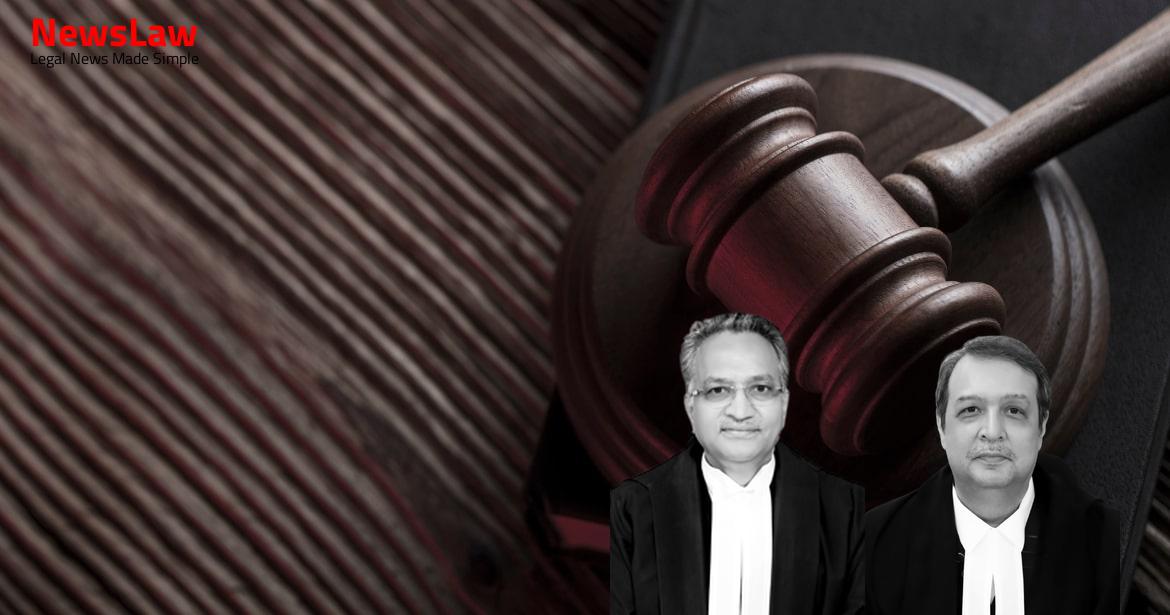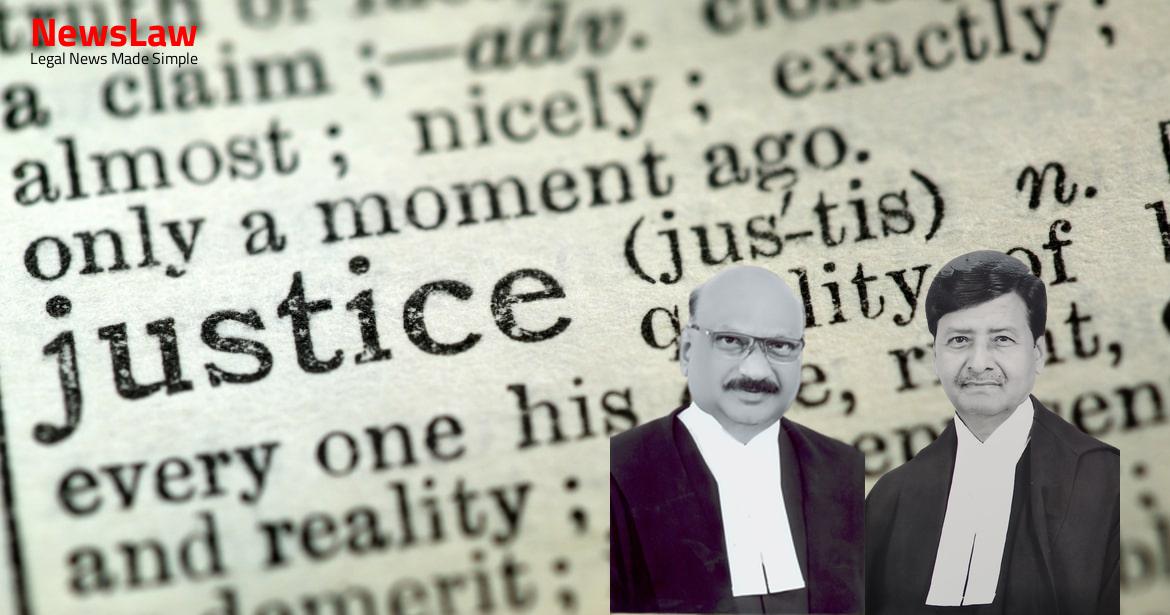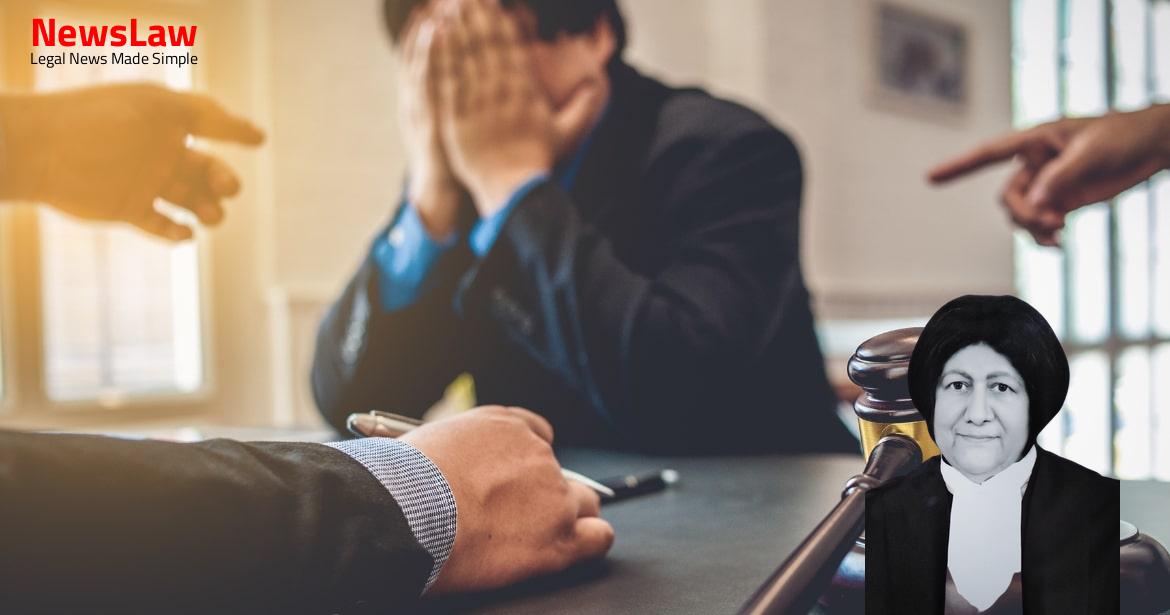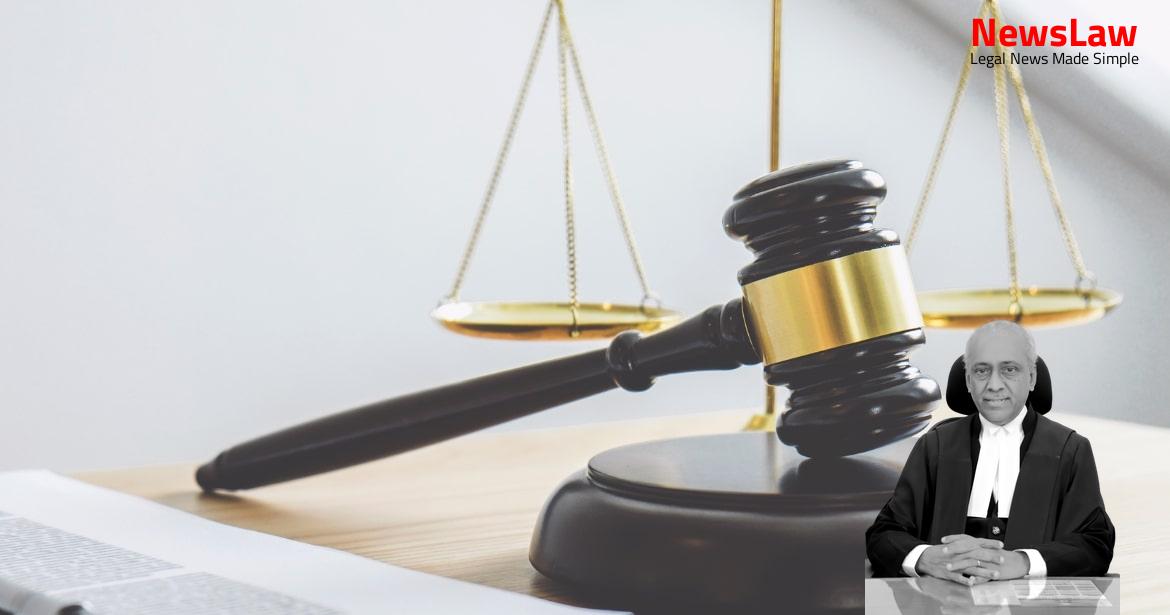The recent legal case has shed light on the importance of courts staying within their jurisdictional limits, particularly in the context of anticipatory bail applications. The High Court’s in-depth analysis emphasized the need for courts to carefully consider only relevant matters and avoid exceeding their scope when dealing with such legal applications. Let’s delve into the intricacies of jurisdiction in the legal realm and its impact on case outcomes.
Facts
- The Court granted permission to file special leave petition(s)
- The High Court entertained the application for grant of anticipatory bail filed by Pramod Kumar Saini and other co-accused
- The High Court inquired into matters unrelated to the relevant facts for deciding the anticipatory bail application
- The petitioner has not been named as an accused in the case.
- Dasti is permitted for the petitioner.
- Stay of operation of the impugned judgment and order specifically regarding the petitioner.
- Notice issued to the petitioner returnable on 19.05.2022.
- The private complaint filed by Naresh Kumar Das does not name the petitioner as an accused.
- The High Court’s order directing the production of the petitioner before the Court is stayed till the next date of hearing.
Also Read: Court’s Jurisdiction in Re-appraising Arbitrator’s Findings
Analysis
- The High Court exceeded its jurisdiction by issuing directions unrelated to the case of the applicant seeking anticipatory bail.
- All irrelevant observations or notings made by the High Court must be removed from the record.
- The application for anticipatory bail is specific to the concerned applicant and should not involve matters unrelated to the case at hand.
- The High Court should exercise caution and only consider relevant matters when dealing with such applications.
- Matters pertaining to third parties should not be inquired into beyond the scope of the complaint or FIR.
- High Court cannot add third parties to proceedings under Section 438 Cr.P.C.
- High Court cannot invoke powers under Order 1 Rule 10 of the Code of Civil Procedure to add parties
- Parties added must be necessary or proper parties to the application under consideration
- Allowing such pleas can lead to Sessions Court/High Court exceeding the scope of Section 438 Cr.P.C. applications
Also Read: Contrary Directions in Issuance of Letter of Intent
Decision
- The impugned judgment and order have been set aside.
- The decision is overturned.
- The judgment is no longer valid.
Also Read: Application for Stay in Civil Suit Rejected: Court’s Legal Analysis
Case Title: SUBRATA ROY SAHARA Vs. PRAMOD KUMAR SAINI (2022 INSC 1308)
Case Number: Crl.A. No.-000955-000956 / 2022



